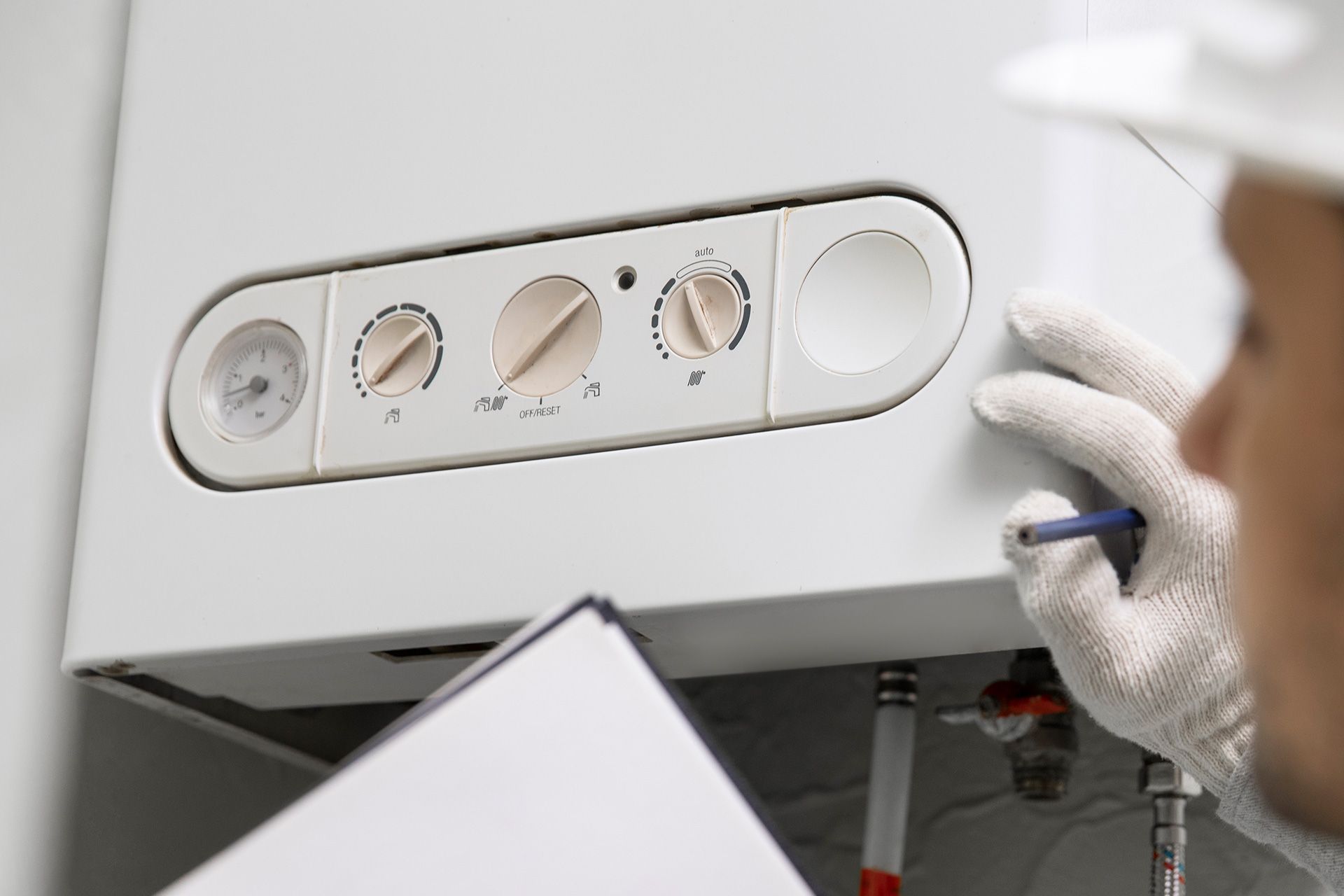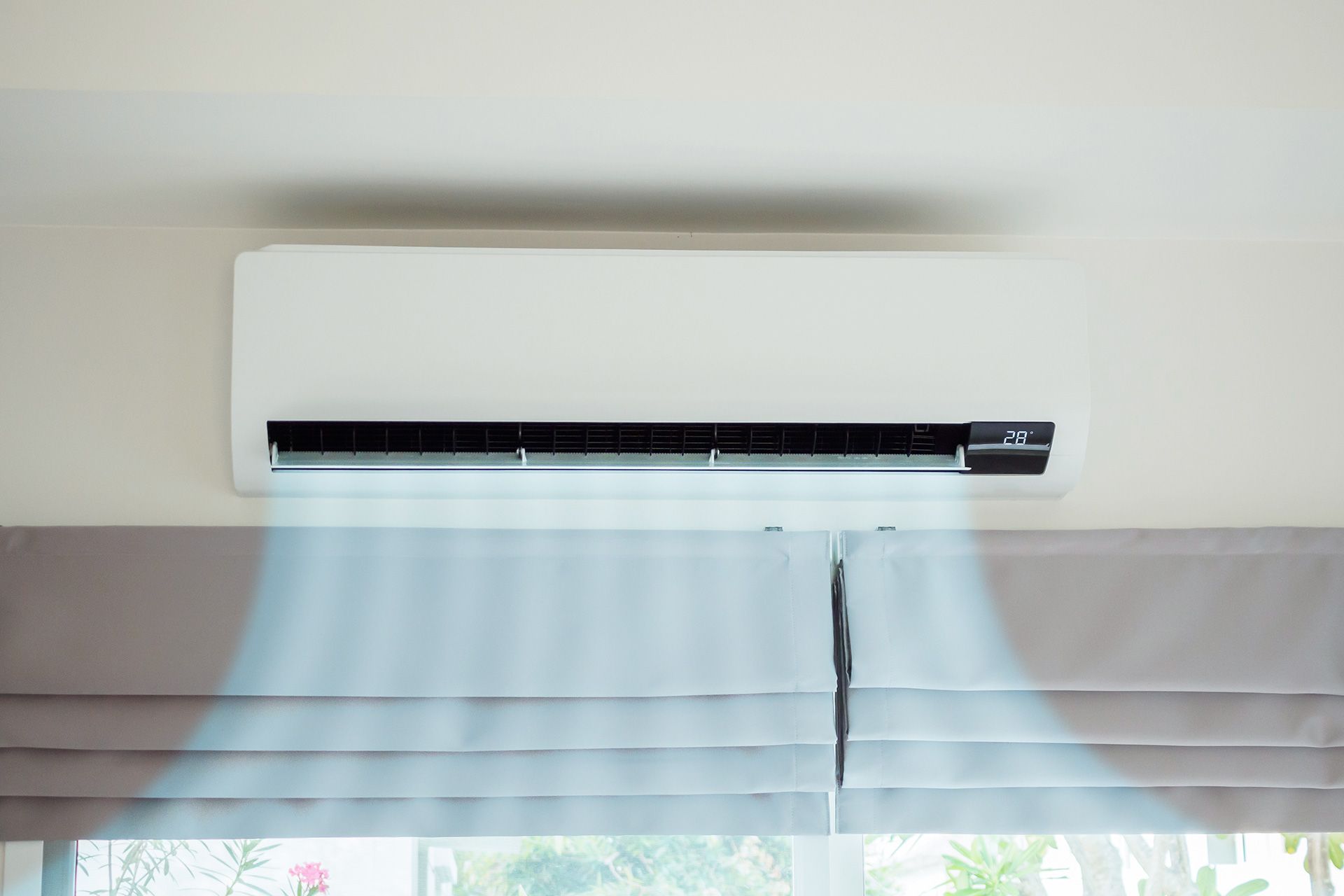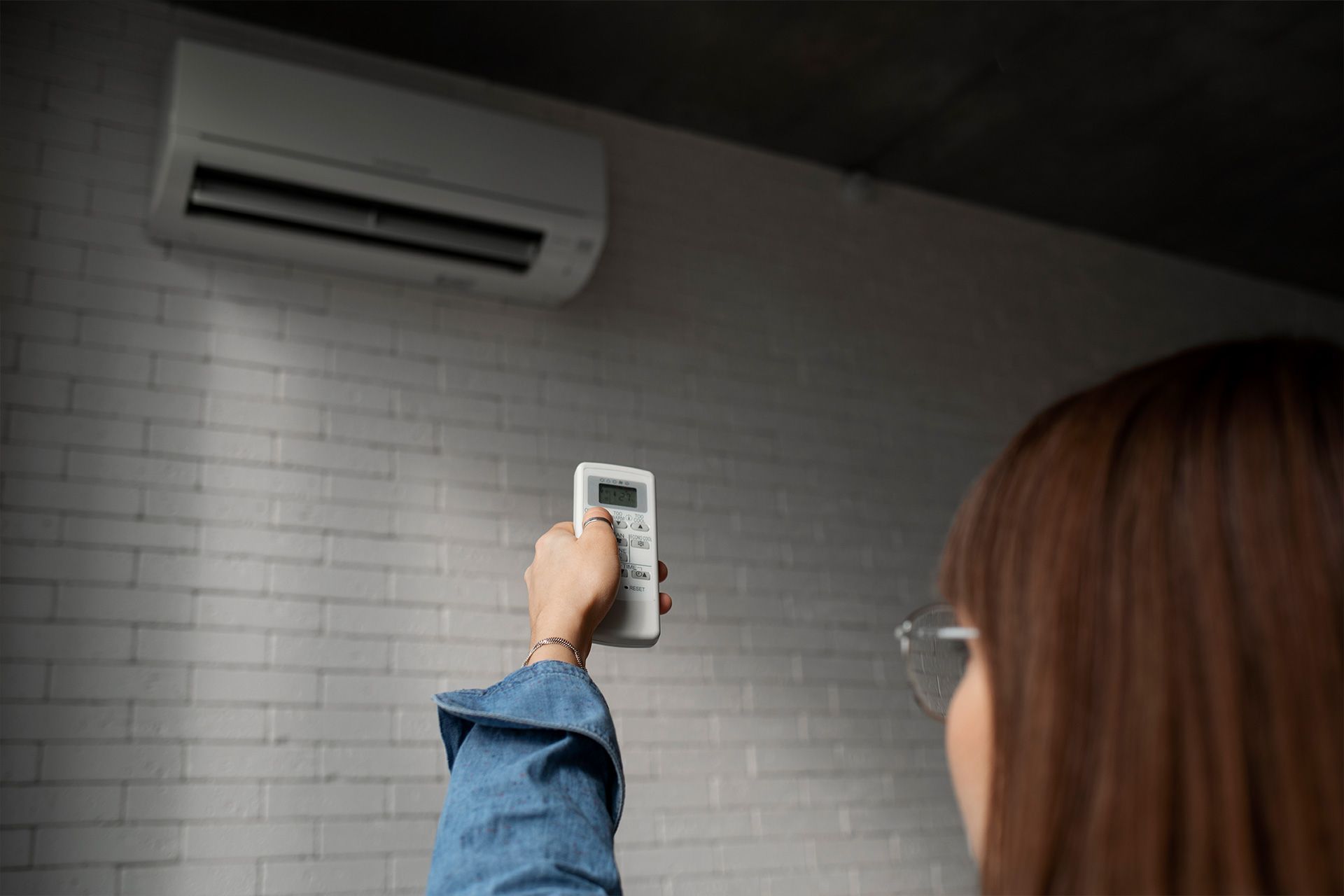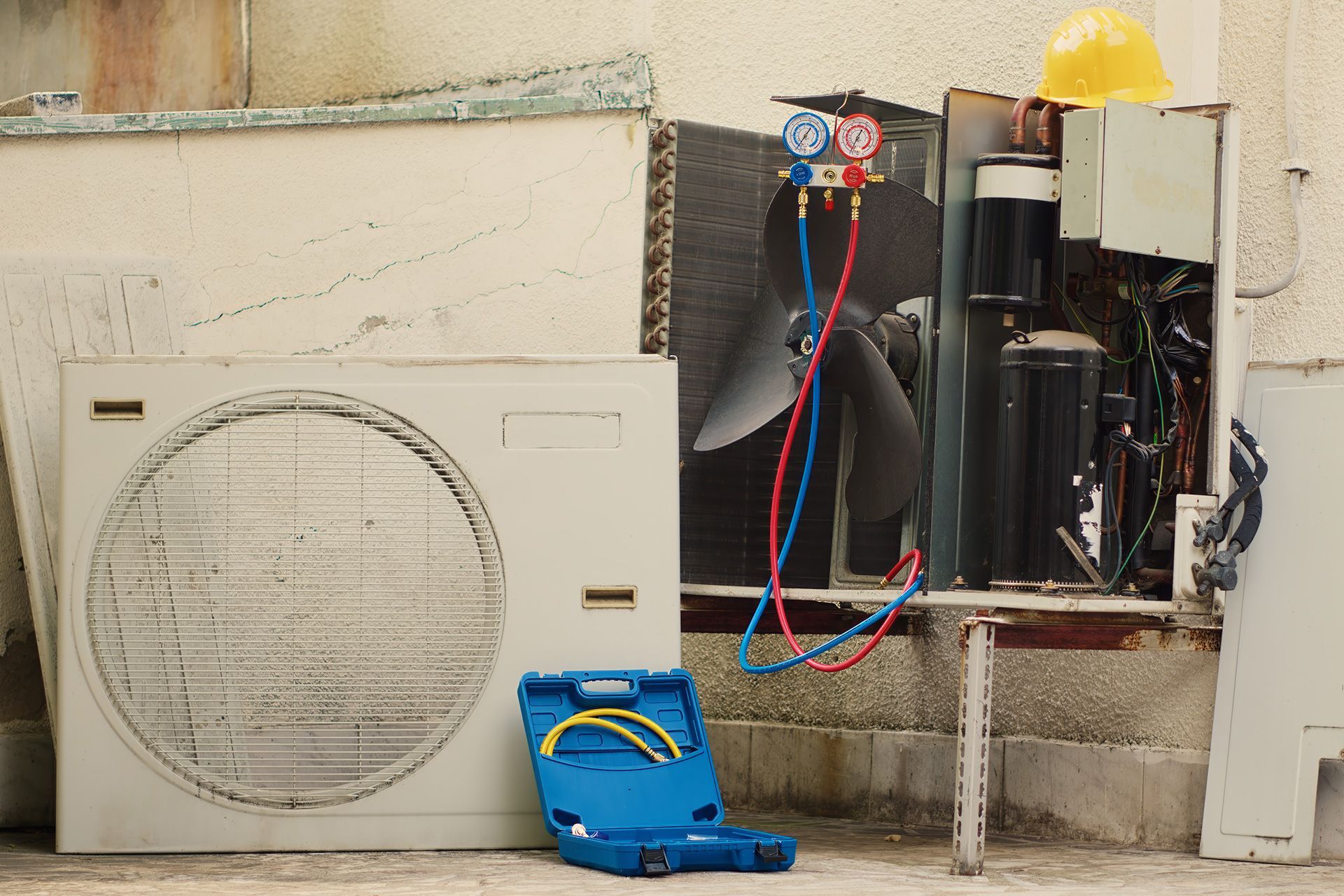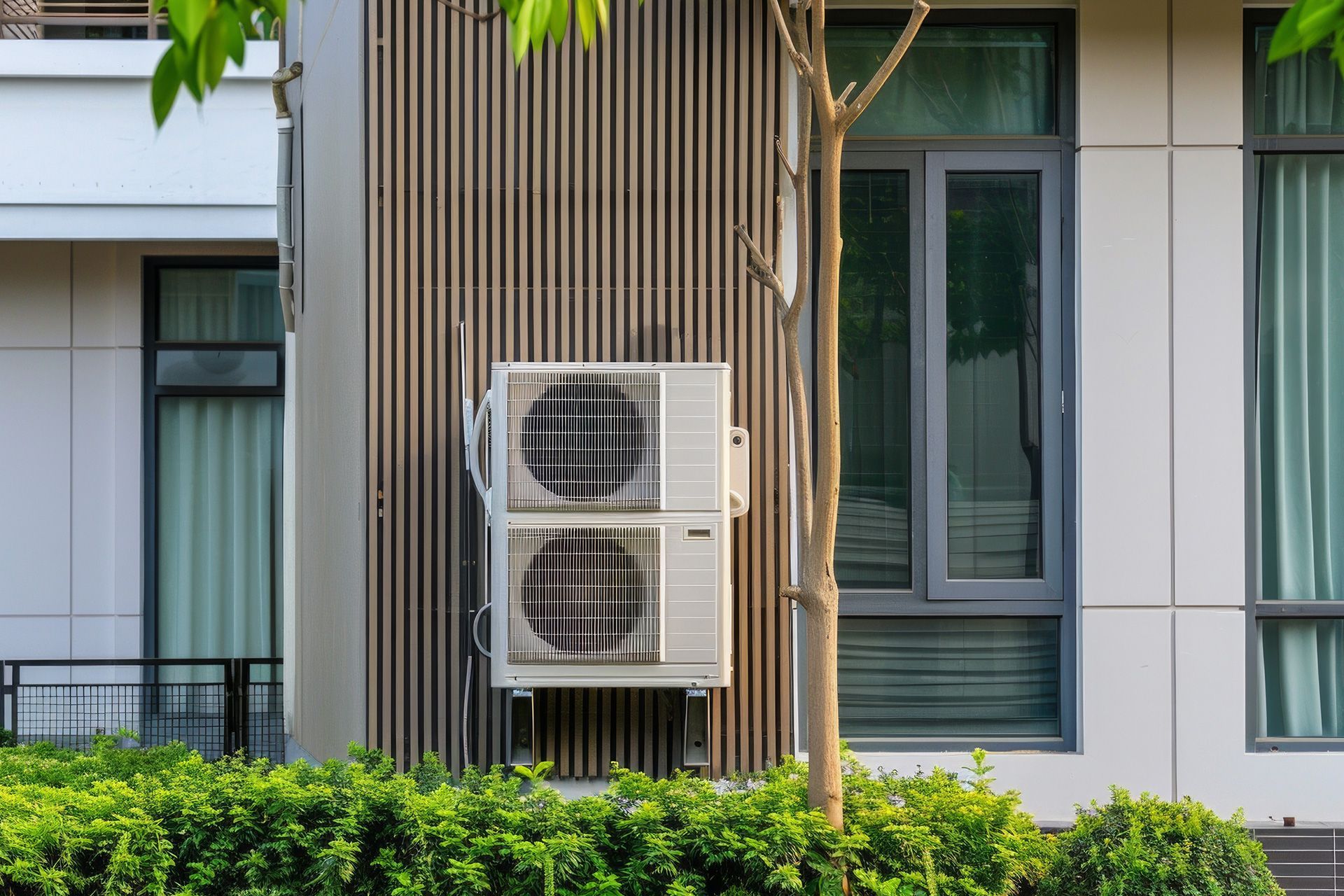Air Conditioning Explained: Does Your System Use Gas or Electricity?

Did you know that 87% of homes in the United States use air conditioning to stay cool in the summer? That’s a huge number — and it shows how important cooling systems are for everyday comfort. But here’s a question many homeowners aren’t sure about: Does your air conditioner run on gas, electricity, or both?
The answer isn’t as simple as you might think. Understanding how your system works can help you make better decisions about AC maintenance, energy bills, and future upgrades. Let’s break it down in simple terms.
How Air Conditioning Works in Simple Terms
At its core, an air conditioner doesn’t create cool air from nothing — it moves heat from inside your home to the outside.
Here’s how it works step by step:
- Refrigerant circulates through the system, absorbing heat from the indoor air.
- The compressor (powered by electricity) pumps the refrigerant to the outdoor unit.
- Heat is released outside through the condenser coil.
- Cooled air is blown back inside by the indoor blower fan.
Whether your AC uses gas or electricity depends on the type of system you have.
Types of Air Conditioning Systems and Their Energy Sources
Not all AC systems are built the same. Here are the main types and how they get their power:
1. Central Air Conditioning (Most Common in the USA)
- Power Source: Electricity
- How It Works: Uses an outdoor condenser unit and indoor evaporator coil to cool the entire home through
ductwork.
- Gas or Electricity? Purely electric for cooling. Heating might use gas if it’s combined with a furnace.
2. Heat Pumps
- Power Source: Electricity
- How It Works: Can both heat and cool your home by reversing the flow of refrigerant.
- Gas or Electricity? Fully electric for both
heating and cooling, but some hybrid systems use a gas furnace as backup in cold weather.
3. Ductless Mini-Splits
- Power Source: Electricity
- How It Works: Small indoor units are mounted on walls, connected to an outdoor compressor.
- Gas or Electricity? Electricity only. Very energy-efficient for cooling.
4. Gas-Powered Air Conditioning (Rare)
- Power Source: Natural gas or propane
- How It Works: Uses gas to power the compressor instead of electricity.
- Gas or Electricity? Primarily gas, with a small amount of electricity for fans and controls.
- Note: These are more common in commercial or industrial settings than in homes.
Why It Matters Whether Your AC Uses Gas or Electricity
Knowing your AC’s power source isn’t just trivia — it can affect your energy bills, maintenance needs, and environmental impact.
1. Cost of Operation
- Electric AC: Electricity prices vary by state, but electric units are generally cheaper to maintain.
- Gas AC: May be more expensive to operate depending on gas prices, but can be efficient in certain climates.
2. AC Maintenance Needs
- Electric systems typically require seasonal AC service to clean coils, check refrigerant levels, and inspect electrical components.
- Gas-powered systems need extra safety checks to prevent gas leaks and ensure burners are working properly.
3. Environmental Impact
- Electric AC systems can run on renewable energy if your power company offers it, making them greener. Gas systems release carbon emissions.
How to Tell If Your AC Uses Gas or Electricity
Not sure what type of system you have? Here are some quick ways to find out:
- Check the equipment label: Look for words like “electric,” “gas,” or “dual-fuel” on the unit’s data plate.
- Look at your energy bills: If you see a big gas usage spike in summer, you might have a gas-powered AC.
- Ask your HVAC technician: A professional during your next
AC maintenance visit can confirm.
Which Is Better: Gas or Electric Air Conditioning?
There’s no one-size-fits-all answer — it depends on your climate, budget, and home setup.
- Choose electric: if you want a simple, low-maintenance system and live in a warm climate.
- Choose gas: if you live in an area with cheap natural gas and want faster cooling in large spaces.
- Consider a hybrid system: if you want the efficiency of electricity with the backup power of gas in extreme weather.
Tips to Keep Your AC Running Efficiently (Gas or Electric)
No matter what powers your AC, proper care keeps it running smoothly and saves money.
- Schedule annual AC service to catch problems early.
- Change your air filters every 1–3 months to improve airflow.
- Keep outdoor units clear of leaves, grass, and debris.
- Check for strange noises — squealing, banging, or hissing could mean trouble.
- Seal air leaks in windows and doors to reduce strain on your system.
Common Misconceptions About AC Power Sources
Let’s clear up some myths:
- Myth: All AC units run on gas.
Truth: The vast majority of U.S. homes run on electricity. - Myth: Gas AC is always cheaper to run.
Truth: It depends on local utility rates. - Myth: Electric ACs don’t need maintenance.
Truth: Even electric systems need regular AC service to avoid breakdowns.
The Future of Air Conditioning
The HVAC industry is moving toward more energy-efficient electric systems. With advances in technology, electric AC units are becoming more powerful, affordable, and eco-friendly. Many states are offering rebates for homeowners who switch from older gas units to high-efficiency electric models.
For now, both gas and electric AC systems have their place. The key is understanding your system and keeping it in top shape through regular AC maintenance.
Stay cool and save money — schedule your next AC service with Old School Cooling today!
FAQs: Air Conditioning
Does central AC use gas or electricity?
Most central AC units in U.S. homes run entirely on electricity for cooling
Can an AC unit run on both gas and electricity?
Yes, hybrid systems use electricity for cooling and switch to gas for heating in winter.
How do I know if my AC is gas-powered?
Check your equipment label or ask your HVAC technician during your next AC service visit.
Is electric AC more eco-friendly than gas AC?
Yes, especially if your electricity comes from renewable sources.
What’s the most efficient type of AC?
Ductless mini-splits and modern high-SEER central AC units are among the most energy-efficient options.
Disclaimer: The information on this website and blog is for general informational purposes only and is not professional advice. We make no guarantees of accuracy or completeness. We disclaim all liability for errors, omissions, or reliance on this content. Always consult a qualified professional for specific guidance.

